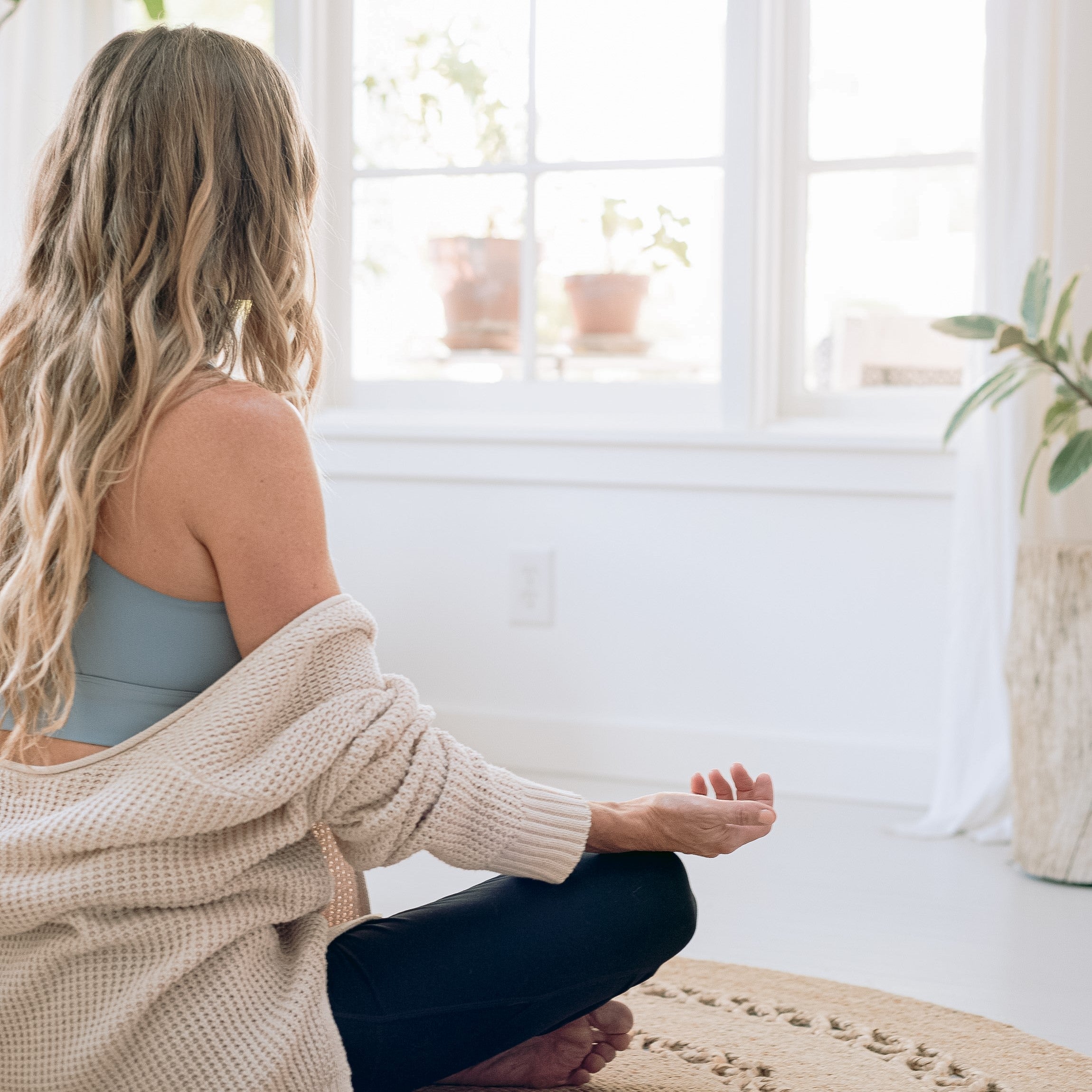
How to Practice Mindfulness Like a Neuroscientist: Proven Techniques for a Calmer, More Centered Life
Mindfulness
Mindfulness is more than a buzzword—it’s a science-backed tool to improve mental clarity, emotional regulation, and overall well-being. Neuroscientists have spent decades studying how mindfulness affects the brain, and the results are astonishing.
How Mindfulness Changes the Brain (Scientifically Proven)
1. Strengthens the Prefrontal Cortex (Focus & Decision Making)
A study from Harvard Medical School found that consistent mindfulness practice strengthens the prefrontal cortex, the brain’s center for focus, decision-making, and emotional regulation (Hölzel et al., 2011).
2. Reduces Amygdala Activity (Less Anxiety & Reactivity)
The amygdala, responsible for the fight-or-flight response, shrinks with regular mindfulness practice (Taren et al., 2015). This means fewer overreactions, less anxiety, and a more balanced emotional state.
3. Increases Gray Matter (Enhanced Memory & Creativity)
MRI scans in a Mindfulness-Based Stress Reduction (MBSR) study showed that eight weeks of mindfulness training increased gray matter density in brain regions responsible for memory, learning, and self-awareness (Tang et al., 2015).
Practical Ways to Incorporate Mindfulness
Mindfulness is more than a daily habit—it's a neurological game-changer. Integrating these practices into your routine can lead to measurable improvements in focus, mood, and emotional resilience.
- Morning grounding: Start your day with three deep breaths and gratitude reflection.
- Mindful walking: Walk without distractions and observe your surroundings fully.
- Tech detox: Take 30 minutes daily to disconnect from screens.
Conclusion
Science proves that mindfulness is more than a wellness trend—it’s a brain-enhancing, anxiety-reducing lifestyle shift. Start small, stay consistent, and watch your mind transform.



